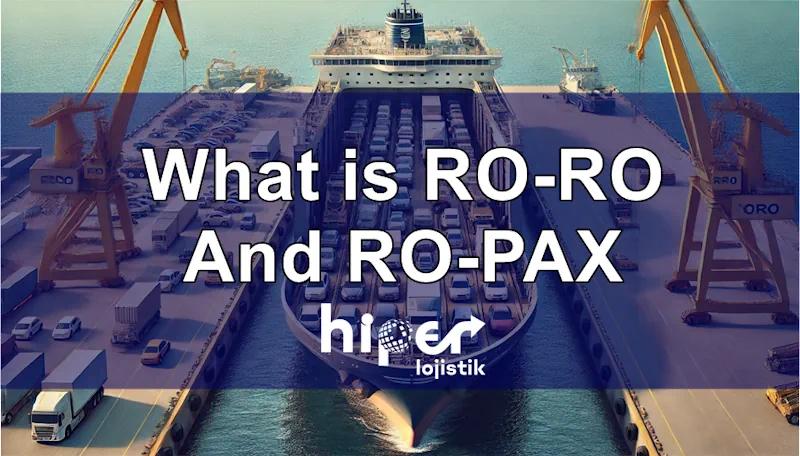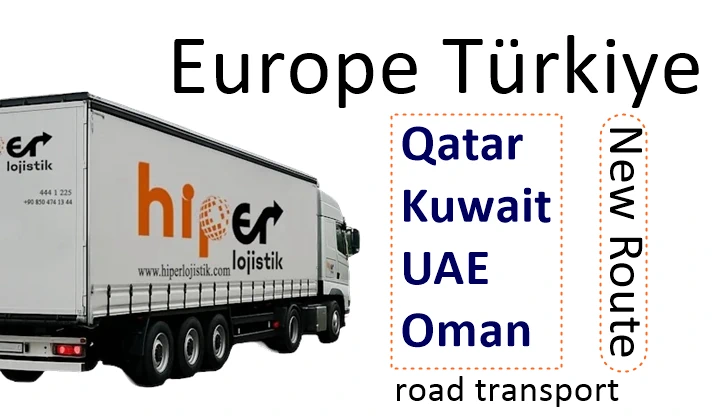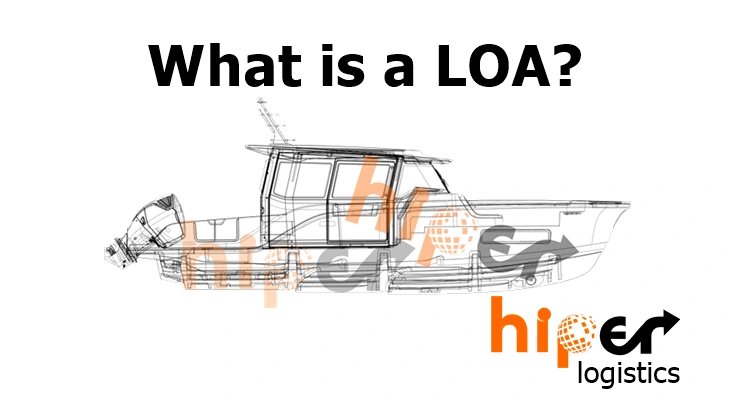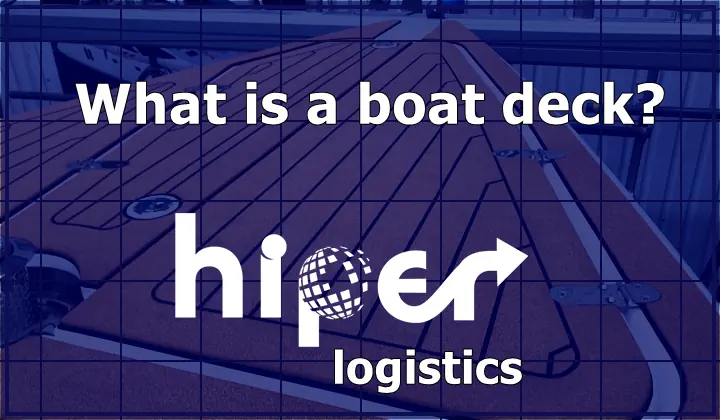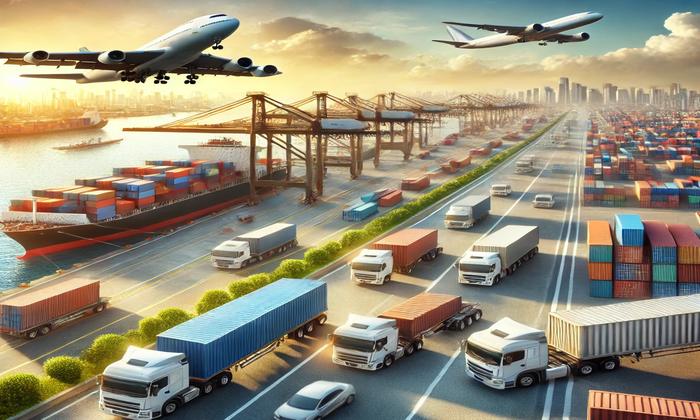
Table of Contents
ToggleWhat is Freight and Why is It Important in Global Trade?
Understanding Freight: A Comprehensive Guide
“Explore the comprehensive world of freight shipping, from road, sea, air, and rail transportation to key considerations like costs, packaging, and regulations. Understand the future trends in freight, including automation, e-commerce, and sustainability. Learn how to choose the right freight service provider to optimize your supply chain and navigate the complexities of global trade. Whether you are a business or individual, this guide offers valuable insights into efficient and reliable freight logistics, helping you make informed decisions and enhance your shipping strategy. Discover the essential components of successful freight management today.”
Freight, commonly known as “shipping” or “transportation of goods,” plays a crucial role in the global economy, facilitating the movement of products from manufacturers to consumers. In this comprehensive guide, we will explore the concept of freight, the different modes of transportation, and the key considerations for businesses and individuals involved in shipping. We will also address common questions and concerns, offering empathetic insights to help you navigate the complex world of freight logistics.
What is Freight?
Freight refers to the process of transporting goods and commodities, typically in bulk, from one location to another. This can involve various modes of transportation, including air, sea, road, and rail. The term “freight” encompasses everything from small parcels shipped to consumers to large quantities of raw materials transported to manufacturers.
Different Modes of Freight Transportation
Freight can be transported via several modes, each with its own advantages and disadvantages. The choice of mode depends on factors such as the type of goods, delivery speed, cost, and distance.
- Road Freight: Road freight involves transporting goods via trucks and other vehicles on road networks. It is ideal for short to medium distances and is commonly used for domestic shipments. Road freight offers flexibility in terms of routes and schedules but may be affected by traffic and road conditions.
- Sea Freight: Sea freight, or ocean freight, is the transportation of goods by sea using cargo ships. This mode is suitable for large quantities of goods and is often the most cost-effective option for international shipping. However, sea freight has longer transit times compared to air freight.
- Air Freight: Air freight involves shipping goods via airplanes. It is the fastest mode of transportation, making it ideal for time-sensitive or high-value goods. However, air freight is generally more expensive than other modes and is limited by the weight and size of the cargo.
- Rail Freight: Rail freight uses trains to transport goods across rail networks. It is an efficient and cost-effective option for long-distance transportation of bulk goods, such as coal, minerals, and agricultural products. Rail freight is known for its reliability and environmental benefits.
Key Considerations in Freight Shipping
Shipping goods, whether domestically or internationally, involves several critical considerations. Understanding these factors can help ensure a smooth and efficient shipping process.
1. Shipping Costs: Freight shipping costs can vary significantly based on factors such as the mode of transportation, distance, weight, and dimensions of the cargo. It’s essential to obtain accurate shipping quotes and consider all costs, including fuel surcharges, customs duties, and insurance.
2. Packaging and Labeling: Proper packaging is crucial to protect goods during transit. This includes using appropriate materials to prevent damage and clearly labeling packages with relevant information, such as destination address, handling instructions, and tracking numbers.
3. Customs and Regulations: International shipments are subject to customs regulations, which vary by country. Shippers must ensure compliance with all legal requirements, including customs documentation, duties, and taxes. Failure to comply can result in delays, fines, or the confiscation of goods.
4. Tracking and Insurance: Tracking shipments provides visibility into the status and location of goods during transit. Insurance coverage is also essential to protect against potential losses or damages. Many freight carriers offer tracking and insurance options to provide peace of mind to shippers.
Common Questions and Empathetic Answers
Question: “Why is my freight shipping delayed, and what can I do about it?”
Answer: Freight shipping delays can occur for various reasons, including weather conditions, customs clearance issues, and logistical challenges. It’s understandable to feel frustrated when delays happen. The best course of action is to stay in communication with your shipping provider, who can provide updates and assist in resolving any issues. Consider having a buffer in your delivery schedule to accommodate unexpected delays.
Question: “How can I reduce the costs of freight shipping?”
Answer: Reducing freight shipping costs is a common concern for businesses and individuals. Some strategies include consolidating shipments, choosing less expensive shipping modes, negotiating rates with carriers, and optimizing packaging to reduce weight and volume. Additionally, planning shipments in advance and being flexible with delivery times can help secure better rates.
Question: “What should I do if my goods are damaged during transit?”
Answer: Discovering damaged goods upon delivery can be distressing. If this happens, document the damage with photos and report it to the carrier immediately. It’s important to have insurance coverage in place, as it can help cover the cost of repairs or replacements. Working with reputable carriers who have clear claims processes can also expedite the resolution.
Choosing the Right Freight Service Provider
Selecting the right freight service provider is crucial for ensuring efficient and reliable shipping. Factors to consider include the provider’s experience, range of services, reputation, and customer service. Look for providers who offer comprehensive solutions, including door-to-door delivery, customs brokerage, and logistics consulting.
Additionally, consider the provider’s track record in handling the specific type of goods you are shipping. For example, if you are shipping perishable items, choose a provider with expertise in temperature-controlled logistics.
The Future of Freight Shipping
The freight shipping industry is continually evolving, driven by advancements in technology, changes in consumer behavior, and shifts in global trade patterns. Emerging trends include the use of automation and artificial intelligence in logistics, the growth of e-commerce, and the increasing focus on sustainability.
Automation technologies, such as robotics and automated warehouses, are improving efficiency and reducing costs in freight operations. Artificial intelligence is being used to optimize routes, predict demand, and enhance decision-making.
The rise of e-commerce has led to increased demand for fast and flexible shipping options. As consumers expect quicker deliveries, companies are investing in last-mile delivery solutions, such as drones and autonomous vehicles.
Sustainability is becoming a key focus in the freight industry, with companies exploring ways to reduce their environmental impact. This includes adopting cleaner fuels, optimizing logistics networks, and implementing carbon offset programs.
Conclusion
Freight shipping is an essential component of global trade and commerce, enabling the movement of goods across borders and continents. Understanding the various modes of transportation, key considerations, and common challenges can help businesses and individuals navigate the complexities of freight logistics.
Whether you are a business owner looking to optimize your supply chain or an individual shipping goods internationally, choosing the right freight service provider and staying informed about industry trends can make a significant difference. As the freight industry continues to evolve, staying adaptable and proactive will be key to success in this dynamic field.
For those looking to delve deeper into the world of freight shipping, numerous resources and experts are available to provide guidance and support. Whether you’re dealing with a specific challenge or looking to improve your overall logistics strategy, don’t hesitate to seek out the knowledge and expertise needed to succeed.
Frequently Asked Questions (FAQs)
- What is freight in shipping?
Freight refers to goods transported by truck, ship, train, or airplane, typically for commercial purposes. - How does freight shipping work?
Freight shipping involves transporting large volumes of goods across long distances using various modes of transport like trucks, ships, or planes. - What is the difference between freight and cargo?
While both refer to goods being transported, “freight” is often used for commercial shipments, and “cargo” can refer to goods carried on ships or planes. - What are freight costs?
Freight costs are the charges associated with transporting goods, including shipping fees, fuel surcharges, and handling expenses. - How is freight calculated?
Freight is calculated based on weight, volume, distance, and sometimes the mode of transport or type of goods being shipped. - What is a freight forwarder?
A freight forwarder is a third-party service provider that arranges the shipment of goods from one place to another on behalf of the cargo owner. - What is LTL freight shipping?
LTL (Less Than Truckload) freight refers to shipments that do not require a full truck and are combined with other shipments for cost efficiency. - What is FTL freight?
FTL (Full Truckload) freight means a shipment that takes up the entire capacity of a truck, typically for large-volume goods. - What is expedited freight?
Expedited freight refers to shipments that are prioritized for faster delivery using faster transportation methods or direct routes. - What are common freight shipping methods?
Freight can be shipped by air, sea, rail, or road, each suited to different types of cargo, distances, and urgency levels. - How does international freight work?
International freight involves shipping goods across borders, requiring customs documentation, tariffs, and compliance with trade regulations. - What is intermodal freight transport?
Intermodal freight combines multiple transportation methods, such as shipping containers moved by truck, rail, and sea, without handling the cargo itself. - What are freight classifications?
Freight classification is a system used to categorize different types of freight based on density, handling, liability, and stowability. - What does freight insurance cover?
Freight insurance covers loss, damage, or theft of goods during transit, protecting the value of the shipment. - How long does freight shipping take?
Freight shipping times depend on the distance, transportation method, and customs clearance, ranging from a few days to several weeks. - What is drayage in freight?
Drayage refers to the short-distance transportation of goods, often within the same city or port area, typically moving containers to/from ships and trucks. - What is freight consolidation?
Freight consolidation is when multiple shipments are combined into one larger shipment to reduce transportation costs. - What are accessorial fees in freight?
Accessorial fees are additional charges for extra services like inside delivery, lift-gate usage, or hazardous material handling during freight shipping. - What is a freight bill?
A freight bill is an invoice issued by the carrier to the shipper, outlining the costs associated with transporting goods. - How can you reduce freight costs?
Freight costs can be reduced by consolidating shipments, using more efficient transport routes, negotiating rates, and optimizing packaging for better space utilization.

